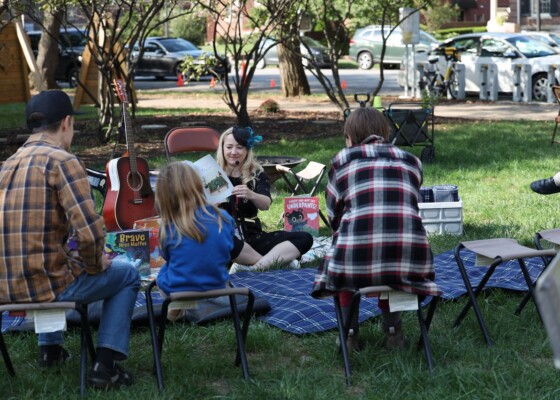Who is the bigger liar?
October 15, 2012I read a fascinating article recently in TIME magazine about how much lying the president and presidential hopeful do about each other.
I read a fascinating article recently in TIME magazine about how much lying the president and presidential hopeful do about each other. It allowed each campaign to provide what they thought the other candidate’s 10 worst lies were, and then it fact-checked them. (To see their lies, click here, and then click through the statements using the arrows at the top.)
It turns out that while both candidates proclaim how untruthful the other is, they’re both downright misleading. (And, if you’ve been paying any attention to the campaign, you probably know that.)
But the most interesting piece of the article wasn’t about the candidates at all – it was about us, the voters. After all, presidents have been lying about each other since the first real contest between John Adams and Thomas Jefferson.
No, the fascinating piece was that voters are likely to put up with the lies more now than they used to. Why? One reason is that we really don’t like our viewpoints challenged. We live in neighborhoods where most of our neighbors will vote the same way we do, we consume media that reinforces our opinions and we distrust the media to be fair and balanced (except for that media we choose because it believes what we believe and presents facts to support those beliefs).
Here’s an excerpt of what that translates to:
A recent poll by the Washington Post and ABC News found that 76% of Romney voters believe Obama is “intentionally misleading” voters. As it happened, the exact same share of Obama supporters believe Romney is “intentionally misleading.” Only 17% of Romney voters and 12% of Obama voters were willing to say their own man had deceived. Read more
The article then goes on to explain a few studies that demonstrate how differently we consume news based on who the source is, and how more information can actually lead to more bias.
So, what does this have to do with civility? Well, for one, as voters we can demand that our candidates be more civil toward each other – not calling each other liars and then turning around and behaving the same way. We can call for real-time fact-checking during debates so that the truth isn’t relegated to page 8 the morning after everyone tuned in. We can stop spreading the lies that our candidates have shoved down our throats. We can have healthy debates about the candidates – if we watch more than FOX News or read more than the Huffington Post.
But our biggest chance to affect change? Voting. When less people vote, a smaller percentage of our voices are heard. Our candidates aren’t forced to change because our limited pool of voters isn’t requiring them to. Civility might not be the only thing you take into consideration as you head to the voting booth, but shouldn’t it be one of the character traits we look for in our representatives?
This post was written by Kristen Fuhs Wells, director of communications for Indiana Humanities.


